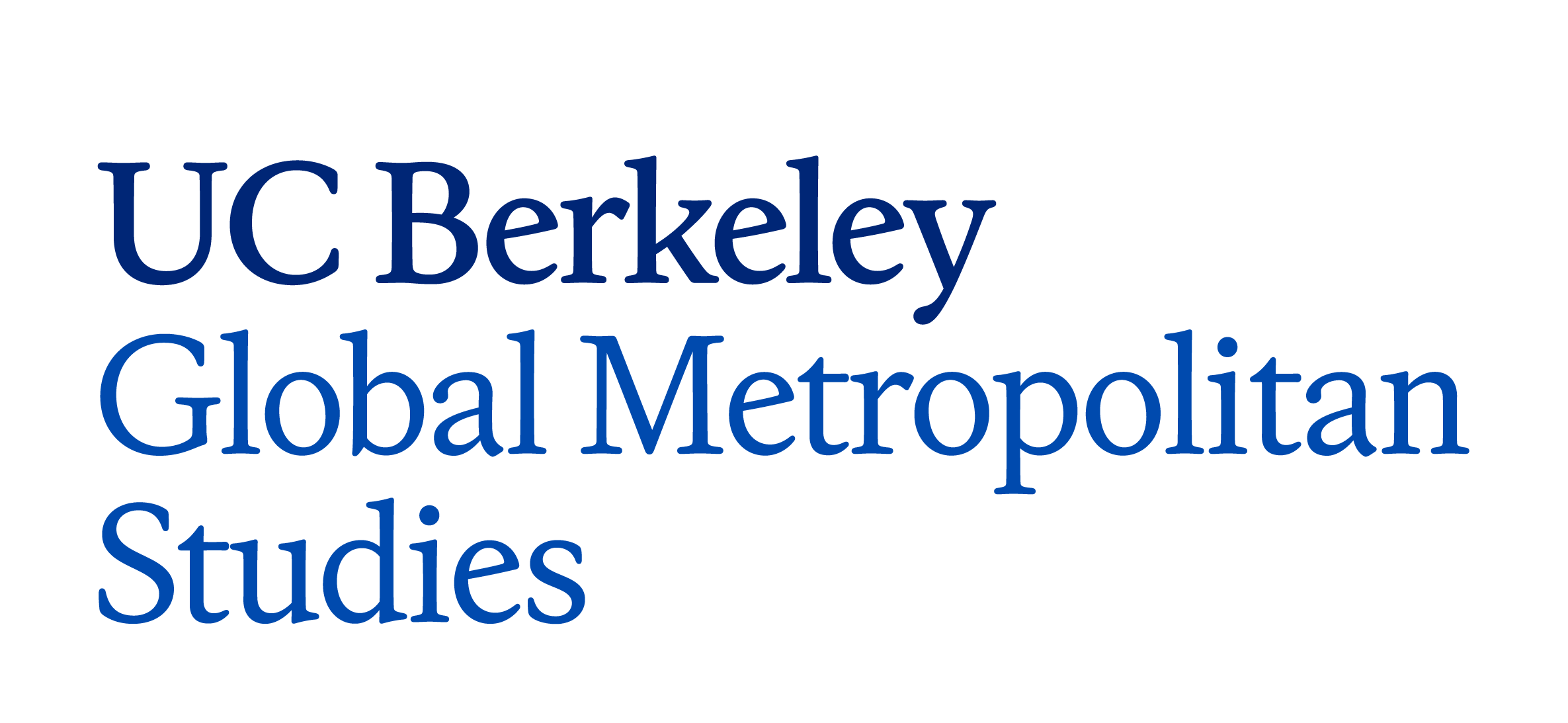Register for the Zoom Webinar at the following link: https://berkeley.zoom.us/meeting/register/tJUtf-GoqT0jGNOqYFL4YmJBb8oGVmPsqGaX
Co-Sponsored by the Institute for Transportation Studies
Operations research methods have been used to identify and evaluate solutions to the reconfiguration of public school attendance area boundaries for over fifty years. In broad terms, the school redistricting problem seeks to find capacity-feasible assignments of students in a school district to local schools. This talk will present analysis of the use of operations research for school districting. The talk will feature a review of the literature, exploring connections between evolving issues in public education and advances in optimization, computing and geographic information systems. Much of the early work was motivated by Supreme Court decisions to desegregate schools (Brown v. Board of Education, Brown II, Green v. New Kent, Swann v. Charlotte-Mecklenburg). Around that time, papers appeared in the operations research literature proposing analytical approaches to school desegregation that made use of advances in linear programming. The talk will examine ways in which these papers modeled the trade-offs between achieving racial balance and minimizing travel distance for students, and the extent to which the resulting analysis impacted policy and court cases, with a focus on one case in the Bay Area. We will also discuss how the limitations of early models and solution approaches hindered their applicability. The years since have seen new directions in research to address additional challenges related to the design of school attendance boundaries and leverage emerging advances in optimization, computing, and geographic information systems technology. Given declining enrollment in the 1970s and 1980s, many districts closed schools. Again, operations research models were developed to assist in the decision-making. Recent work has focused on economic integration of schools as research continues to show how income level impacts access to high quality education. Trade-offs between providing equitable access to high quality schools and minimizing travel distances to schools are, in many ways, similar to those studied in the early work, but new challenges arise. The talk will end with a reflection on current issues facing public school districts, including school busing and return-to-school plans amid the COVID-19 pandemic, and the ways in which operations research can be part of these discussions.
Dr. Karen Smilowitz is the James N. and Margie M. Krebs Professor in Industrial Engineering and Management Science at Northwestern University. Dr. Smilowitz is an expert in modeling and solution approaches for logistics and transportation systems in both commercial and non-profit applications, working with transportation providers, logistics specialists and a range of non-profit organizations. Dr. Smilowitz is the founder of the Northwestern Initiative on Humanitarian and Non-Profit Logistics. She has been instrumental in promoting the use of operations research within the humanitarian and non-profit sectors through the Woodrow Wilson International Center for Scholars, the American Association for the Advancement of Science, and the National Academy of Engineering, as well as various media outlets. Dr. Smilowitz is an Associate Editor for Transportation Science and Operations Research. In 2016, Dr. Smilowitz received the Award for the Advancement of Women in OR/MS from the Women in OR/MS Forum of INFORMS. In 2017, she led the winning team in the INFORMS Innovative Applications of Analytics Award competition for their work on data visualization for mass participation events.

